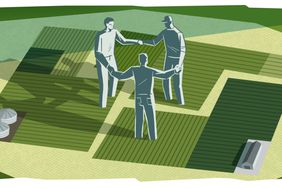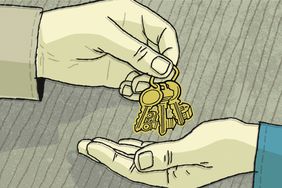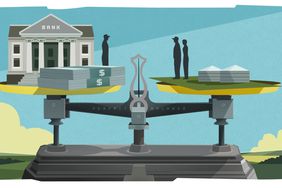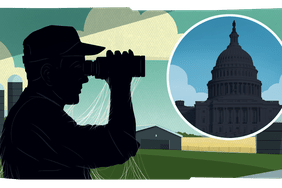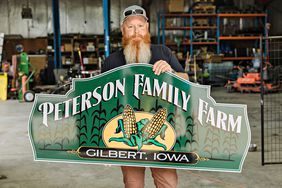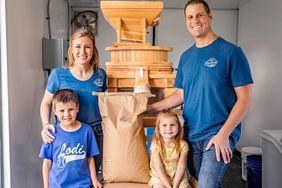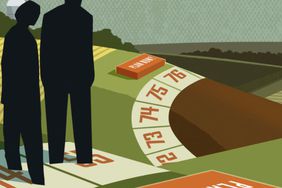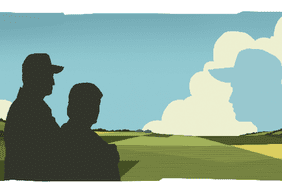:max_bytes(150000):strip_icc()/ProblemArt-May20-2000-f1a842feefa14419a232a51b1a23261d.jpg)
Problem: Grandpa died without a succession plan. What can I do?
I've farmed Grandpa's land for 12 years. Sadly, he passed away, and his will just divides the farm between his three children. My divorced parents have off-farm jobs. I'm the only one farming. Mom prefers cash rent, but my uncle wants to crop share. My aunt wants to sell so she has money to travel. We get along, but this could get ugly. I'd love for my kids to farm someday. How can I keep this together when everyone's on a different page? —Submitted by C.J.
Solution:
Growing up, we raised hogs and it seemed like they knew how to break a fence at the absolute worst time. We'd frantically work as a family but didn't always agree on the approach. After colorful exchanges, we got the hogs back into the barn. We burned a lot of energy just to get back to even!
That's kind of like when someone dies without a succession plan. Emotions are high, everything's uncertain, and you need massive cooperation just to get back to even. You might keep the farm together, but it's much harder once the hogs are out!
Here are my observations from farm heirs who have succeeded in similar situations.
They listen and ask next-level questions
They get past the simple, "What would you like?" and focus on "Why is that important to you?" and "How many ways can we achieve that?" Your uncle wants to crop share. Is that because he sees more upside potential? Or is it his way to connect to the farm? What are your aunt's travel goals? Does she need that money all at once?
They know their financial and production numbers
This allows them to pivot across multiple solutions and to present pros and cons of each. If only one path works for you, good luck getting everyone on it! Could a flex lease provide your uncle comparable returns yet avoid your crop-share concerns? Would your aunt sell some acres to fund her travels and lease the balance? How about a contract sale with a down payment to cover her next couple trips? Could a loan be extended to 25 or 30 years rather than the traditional 20 years?
They manage expectations well
They patiently and tactfully discuss what to expect with land ownership. Land erodes, water pools, and markets cycle. Sharing past experiences provides context. They also address fair expectations of themselves, including reasonable rent, maintained land quality, and consistent communication. Remember that you're not in the driver's seat when establishing expectations. You are asking, not telling. Being nice in the past may have some value here!
They didn't wait for the estate
They grew their own operation along the way so they had something to leverage when this day came. It could be additional ground, livestock, other ag businesses. Some had life insurance on the owner even if there wasn't a succession plan.
They think long term
They used the estate settlement as an opportunity to cast a positive vision and motivate others to start thinking of future generations. Ultimately, to keep this together for your kids, there will need to be an operating agreement coordinated with an estate and farm succession strategy for each family.
I'm sorry your grandpa passed away, but it could get worse. What if your mom died? Would you be able to buy out your siblings, too? Consider an insurance policy on her while everything gets sorted out. You can keep the farm together, but don't get better at chasing hogs. Build better fences.
Mark McLaughlin is an associate with Farm Financial Strategies in Ankeny, Iowa. For the past 15 years, he has helped farm families across the Midwest develop their farm succession strategies. He grew up on a family farm near Defiance, Iowa, and shares in the fifth generation of ownership. He and his wife have three children. farmestate.com

